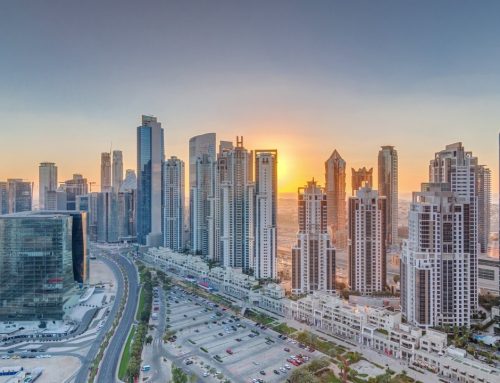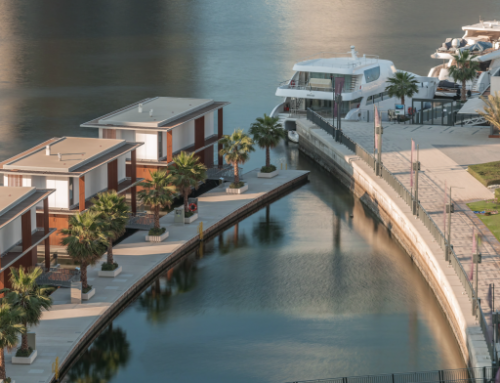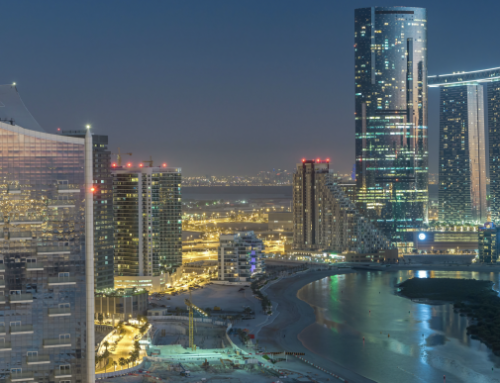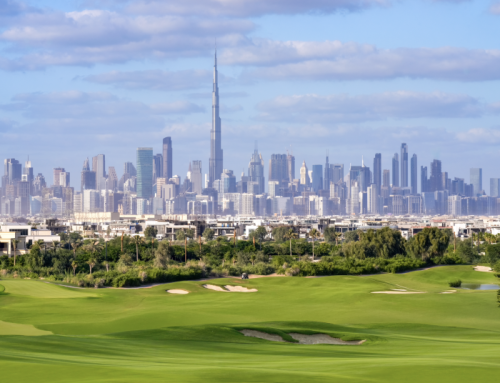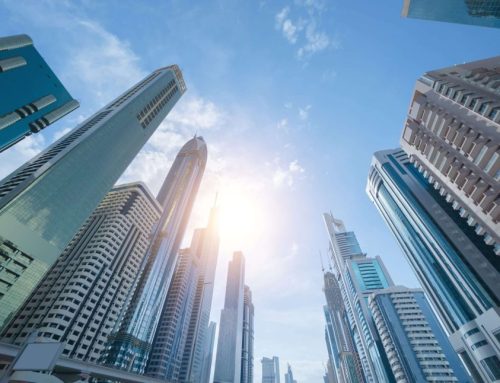The Future of Retail Real Estate in the UAE
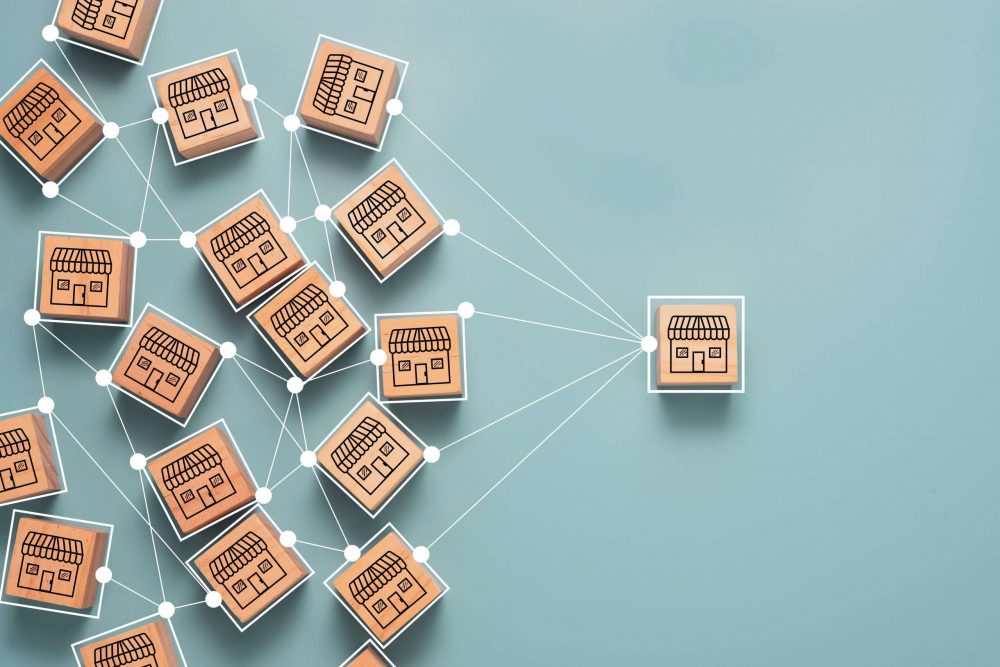
In 2024, the retail real estate sector in the UAE is experiencing a period of rapid evolution driven by shifting consumer behaviors, technological advancements, and a growing emphasis on sustainability. The country’s position as a global retail hub, combined with its strategic initiatives, continues to draw in investors and retailers from across the world.
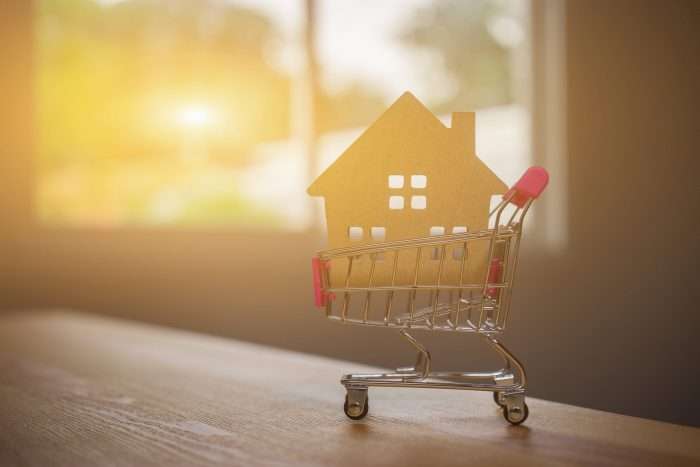
E-Commerce Boom and Hybrid Retail Experiences
The UAE has witnessed a sharp rise in e-commerce, especially following the COVID-19 pandemic, with digital commerce now firmly established as a key component of the retail sector. According to Statista, e-commerce sales in the UAE are expected to reach $17 billion by 2025, which is a significant leap from pre-pandemic levels.
Impact on Retail Real Estate
- Hybrid Models: While the e-commerce boom has reduced foot traffic to brick-and-mortar stores, physical retail is far from obsolete. A hybrid retail model, blending both online and offline experiences, is becoming more popular. Retail spaces are transforming into experiential hubs, focusing on offering immersive experiences, rather than just traditional shopping.
- Click-and-Collect: More retailers are integrating options for online shopping with in-store pickups, allowing physical stores to serve as fulfillment centers.
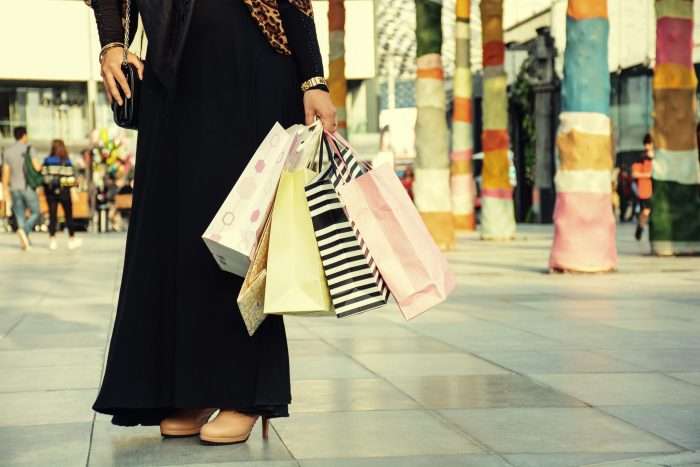
Rise of Experiential Retail
The future of retail real estate in the UAE hinges on experiential retail, where stores are designed not just for shopping but for engagement. This concept focuses on creating a connection between brands and consumers through in-store events, product demonstrations, and interactive displays.
Recent Examples in the UAE
- Dubai Mall’s Virtual Reality Park has introduced new dimensions to the shopping experience by integrating entertainment and retail.
- Mall of the Emirates is continuously expanding its experiential offerings, including events, shows, and luxury services, to attract more foot traffic.
Sustainability in Retail Real Estate
With sustainability becoming a global priority, the UAE’s retail real estate market is rapidly evolving to embrace eco-friendly practices. Developers are now focused on creating green buildings, reducing carbon footprints, and integrating energy-efficient technologies.
- LEED Certifications: Many new developments in the UAE are being built with LEED (Leadership in Energy and Environmental Design) certifications, ensuring that retail spaces meet high environmental standards.
- Energy Efficiency: Shopping malls and retail outlets are investing in energy-efficient lighting, cooling systems, and waste management to not only reduce operational costs but to appeal to the growing number of eco-conscious consumers.
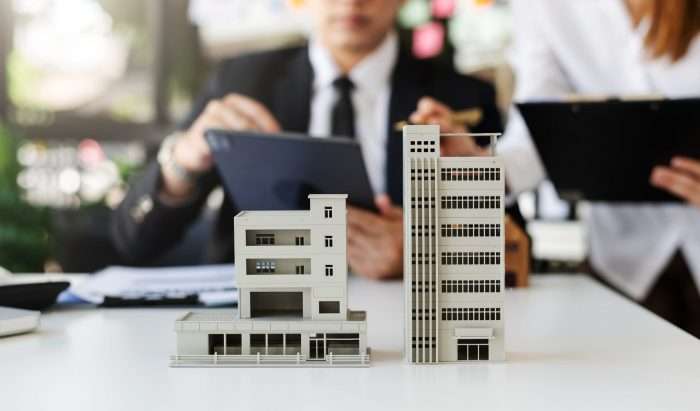
Flexible Leasing Models
The evolving retail landscape has also led to changes in leasing models. Landlords and retail real estate investors are increasingly offering flexible leasing terms to accommodate retailers who are looking to test new concepts or adapt to fluctuating market conditions.
- Short-term Leases: There is a growing demand for pop-up shops and temporary spaces as brands look to test new markets or concepts without committing to long-term leases.
- Revenue-sharing Models: In an attempt to attract tenants, landlords are adopting innovative lease structures, such as revenue-sharing, where rental payments are tied to a percentage of a retailer’s revenue.
The Role of Technology in Retail Real Estate
Technology is playing an instrumental role in transforming the retail real estate sector in the UAE. From AI-driven customer insights to augmented reality (AR) shopping experiences, technology is enhancing both the consumer experience and operational efficiency.
- Smart Malls: New malls are embracing smart technologies, including digital payment systems, personalized advertising, and AI-powered inventory management, to enhance the overall customer journey.
- Data-Driven Decision Making: Real estate developers are leveraging data analytics to understand consumer behavior, optimize store layouts, and drive marketing efforts.
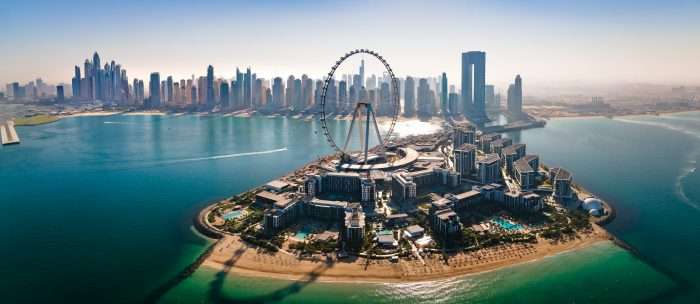
Growing Focus on Community and Mixed-Use Developments
Retail real estate in the UAE is becoming more integrated into mixed-use developments that combine residential, commercial, and entertainment spaces. These developments aim to foster a sense of community while also offering retail opportunities.
Notable Projects:
- Bluewaters Island in Dubai is a prime example of a mixed-use development that combines retail, hospitality, and residential offerings, with attractions like Ain Dubai enhancing its appeal as a retail and leisure destination.
- Abu Dhabi’s Al Maryah Island continues to evolve as a hub for luxury retail, dining, and entertainment, merging shopping with waterfront living and business environments.
Adapting to Demographic Shifts
The UAE’s retail real estate market is also responding to changing demographics. With an influx of expatriates and growing younger populations, there is increasing demand for smaller retail spaces that cater to niche markets and local entrepreneurs.
- Boutique Retailing: Smaller stores and boutique retail outlets are emerging to cater to diverse consumer needs, particularly in urban areas where retail space is at a premium.
- Customization: Personalized shopping experiences are increasingly in demand, with retailers offering customization options to appeal to younger, tech-savvy consumers.
The retail real estate sector in the UAE is transforming to meet the demands of a rapidly changing market. With a shift towards hybrid retail models, sustainability, technology integration, and flexible leasing terms, the future of retail real estate looks set to provide innovative and adaptive spaces. To stay competitive, developers and retailers alike will need to embrace these changes and continuously innovate to meet evolving consumer expectations.
As the retail sector continues to grow and change, those that can blend experience, technology, and sustainability will thrive in the ever-evolving landscape of UAE retail real estate.

